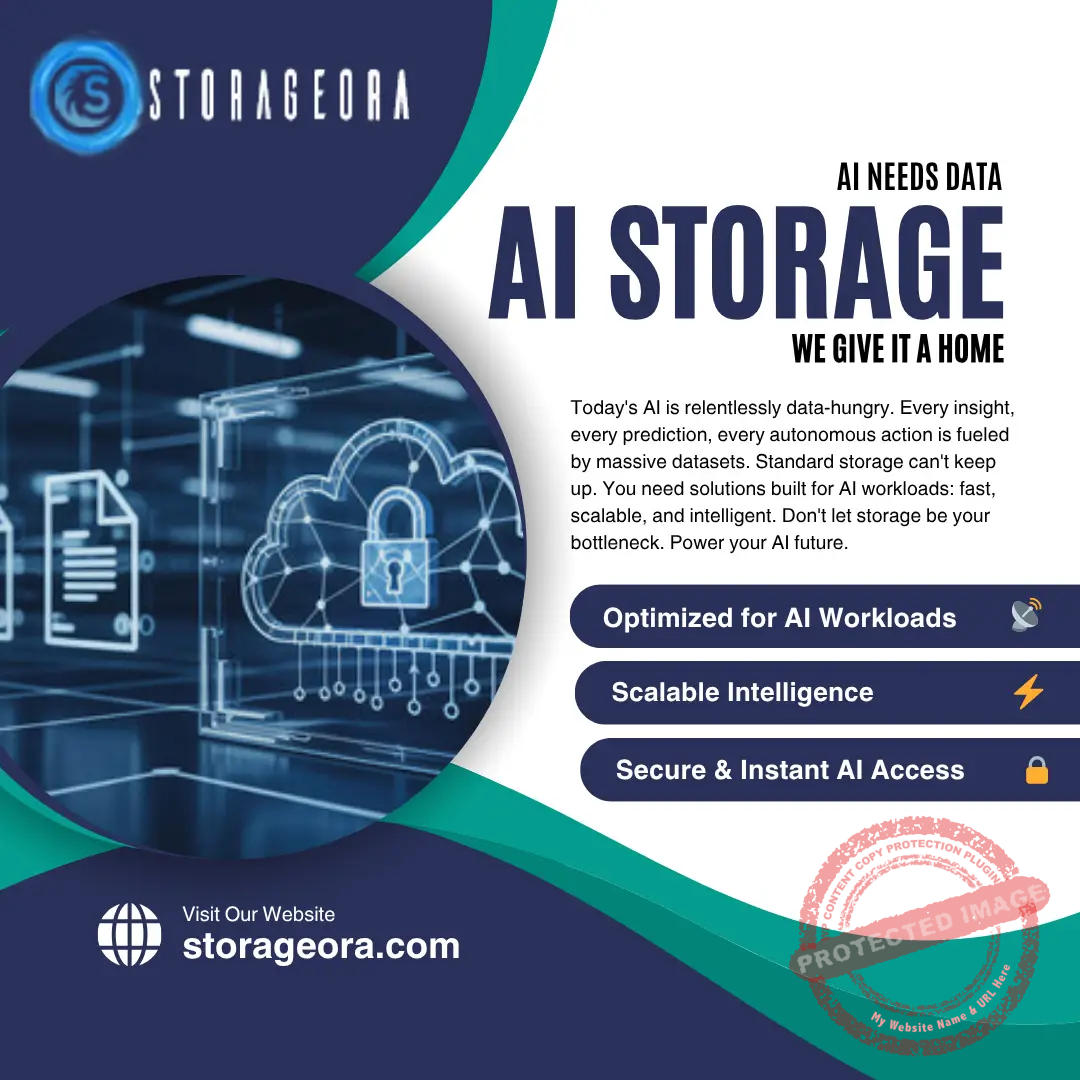Quantum computing is poised to revolutionize logistics and supply chain management, offering solutions to complex optimization problems that classical algorithms struggle with 1. Quantum logistics leverages these advancements to enhance efficiency, resilience, and sustainability in supply chain processes 2.
By employing quantum annealing and gate-based quantum computing, researchers aim to tackle the challenges of data processing, complex modeling, and urgent decision-making faced by logistics management 12. This novel approach, combining quantum computing with advanced analytics and AI, promises significant efficiency gains and sets new standards for supply chain excellence 2.
Understanding Quantum Computing and its Impact on Supply Chains
Quantum computing introduces a transformative approach to handling the complexities of supply chain management. Here’s a breakdown of its impact:
- Processing Power and Efficiency: Quantum computing’s ability to process vast datasets within seconds 2 and its unique capability to evaluate numerous supply chain design options swiftly 3 make it a game-changer. This unprecedented processing power can significantly expedite decision-making processes.
- Risk Management and Security: With its capability for intricate simulations, businesses can assess various risk scenarios and their potential impacts more effectively 3. Additionally, quantum computing enhances data security, fortifying encryption methods to protect sensitive supply chain information 3.
- Operational Optimization: Quantum computing aids in:
This emerging technology has the potential to revolutionize supply chain management by optimizing logistics, improving forecasting accuracy, and enhancing decision-making processes. Unlike traditional computers, which process bits as either 0s or 1s, quantum computers use quantum bits or qubits, which can represent and process a vast amount of data simultaneously due to their ability to exist in multiple states at once.
This capability allows for the solving of complex optimization problems and the analysis of massive datasets in fractions of the time it would take today’s most powerful supercomputers. For supply chains, this means dramatically reduced operational costs, enhanced efficiency, and the ability to navigate disruptions with unprecedented agility, thereby offering a significant competitive advantage in today’s fast-paced market environment.
These advancements suggest a future where supply chain optimization is not just about managing resources efficiently but doing so in a way that is dynamically responsive to real-time data and scenarios 2 3 5.
Preparing for a Quantum Future in Supply Chain Optimization
To ensure a seamless transition into the quantum era of logistics and supply chain management, organizations are encouraged to take proactive steps:
- Assemble a Multidisciplinary Team: A dedicated group comprising domain experts, technical experts, operations specialists, and data scientists is crucial for harnessing quantum technology’s full potential 7. This team will lead the exploration and integration of quantum computing into logistics strategies, ensuring that the organization remains at the forefront of innovation.
- Develop Quantum-Ready Infrastructure: Building workflows and infrastructure that are quantum-ready today will facilitate a smoother integration of quantum computing technologies into existing IT systems 7. This forward-thinking approach not only prepares organizations for the quantum future but also streamlines the adoption process when quantum computing becomes more prevalent.
- Embrace Quantum-Inspired Solutions: While fully mature quantum computers are still on the horizon, quantum-inspired approaches can be implemented today to enhance classical computing systems 8. These techniques serve as a bridge to the future, allowing organizations to leverage some benefits of quantum computing and prepare for the transition to hybrid classical/quantum systems and purely quantum computing environments 8.
As the quantum computing era approaches, workers across different industries, including supply chain optimization, are getting ready to use this transformative technology. Understanding the basics of quantum mechanics and computing is the first step for many. Professionals are enrolling in special courses and workshops to learn about quantum algorithms and how they can be used to solve complex logistical problems more effectively than traditional computing methods.
In parallel, organizations are fostering partnerships with quantum technology firms and academic institutions. These collaborations aim to develop quantum-ready solutions tailored to supply chain challenges, such as route optimization, demand forecasting, and inventory management. By engaging in pilot projects, workers gain hands-on experience with quantum computing platforms and tools, bridging the gap between theoretical knowledge and practical application.
As we move forward, the emphasis on interdisciplinary teams is growing within companies. Workers with expertise in data science, logistics, and quantum physics are coming together to innovate and design new supply chain strategies. This cross-pollination of skills ensures that quantum computing initiatives are grounded in real-world supply chain needs and opportunities.
To support the transition to a quantum future, there’s a strong focus on upskilling the existing workforce. Through continuous learning programs, employees are encouraged to stay abreast of quantum developments and its impact on supply chain optimization. This proactive approach ensures that workers are not only prepared but also poised to capitalize on the quantum computing revolution, driving efficiencies and competitive advantage in the logistics and supply chain sector.
To ensure a seamless transition into the quantum era of logistics and supply chain management, organizations are encouraged to take proactive steps:
- Assemble a Multidisciplinary Team: A dedicated group comprising domain experts, technical experts, operations specialists, and data scientists is crucial for harnessing quantum technology’s full potential 7. This team will lead the exploration and integration of quantum computing into logistics strategies, ensuring that the organization remains at the forefront of innovation.
- Develop Quantum-Ready Infrastructure: Building workflows and infrastructure that are quantum-ready today will facilitate a smoother integration of quantum computing technologies into existing IT systems 7. This forward-thinking approach not only prepares organizations for the quantum future but also streamlines the adoption process when quantum computing becomes more prevalent.
- Embrace Quantum-Inspired Solutions: While fully mature quantum computers are still on the horizon, quantum-inspired approaches can be implemented today to enhance classical computing systems 8. These techniques serve as a bridge to the future, allowing organizations to leverage some benefits of quantum computing and prepare for the transition to hybrid classical/quantum systems and purely quantum computing environments 8.
Some final thoughts
The exploration of quantum logistics in supply chain optimization presents a future where the efficiency, resilience, and security of supply chains are significantly enhanced through quantum computing. Tackling complex optimization problems and processing immense datasets with unprecedented speed, quantum technology promises to set new benchmarks for supply chain management. By leveraging quantum annealing, gate-based computing, and integrating these with AI and advanced analytics, the potential for transforming logistical operations and decision-making processes is immense, promising a leap towards more agile, secure, and sustainable supply chain systems.
As the quantum era beckons, it is imperative for organizations to prepare by assembling multidisciplinary teams, developing quantum-ready infrastructure, and embracing quantum-inspired solutions. These proactive steps will not only ensure a smoother transition to quantum computing but also enable organizations to start reaping the benefits of this groundbreaking technology today. The journey towards optimizing supply chains with quantum logistics is underway, and it holds the promise of unlocking unprecedented levels of operational efficiency and strategic insight, thereby reshaping the future of logistics and supply chain management.
FAQs
Q: What are the benefits of using quantum computing in logistics?
A: Quantum computing can significantly enhance logistics by reducing delivery costs, minimizing CO2 emissions during last-mile deliveries, and elevating the overall customer experience. These computers are particularly efficient at optimizing the loading of shipments into rectangular containers, especially when the items being shipped are of uniform size.
Q: What strategies can be employed to optimize the supply chain logistics process?
A: To optimize your supply chain, consider these 10 tips:
- Outsource non-core business activities.
- Foster open communication between suppliers and retailers.
- Leverage mobile and internet technologies.
- Implement centralized management software.
- Adopt a multichannel strategy to manage demand and supply.
- Maintain high standards for product quality.
- Always plan with foresight.
Q: Why are quantum computers particularly good for optimization problems?
A: Quantum computers are naturally adept at solving optimization problems due to the phenomena of superposition and entanglement. Superposition allows qubits, which are the fundamental units of quantum computers, to be in multiple states at once, thereby enabling the processing of complex calculations simultaneously.
Q: Can you define what a quantum supply chain is?
A: A quantum supply chain refers to the application of quantum computing within supply chain management. This involves creating more sophisticated analytical models that can respond more quickly due to the reduced computation time offered by quantum computers. Many companies have already developed initial proofs of concept for real-life problems solved with the power of quantum computing.
Peter Jonathan Wilcheck
Quantum Computing and Supply Chain Management
www.alttrix.com
www.quantumpower.com
www.aipowercomputers.com
www.aipowerservers.com
References
[1] – https://arxiv.org/html/2402.17520v1 [2] – https://www.unisys.com/blog-post/ecs/from-qubits-to-cubic-feet-quantum-logistics-explained/ [3] – https://www.linkedin.com/pulse/quantum-computing-supply-chain-unleashing-processing-power-azhar [4] – https://arxiv.org/abs/2402.17520 [5] – https://www.mhlnews.com/technology-automation/article/21171527/quantum-computing-a-new-solution-for-supply-chain-and-logistics-optimization [6] – https://www.ibm.com/thought-leadership/institute-business-value/en-us/report/quantum-logistics [7] – https://www.sdcexec.com/software-technology/emerging-technologies/article/22471710/zapata-computing-how-to-be-quantum-ready-in-supply-chain-and-logistics [8] – https://wp.quantumcomputinginc.com/blog/supply-chain-and-logistics-optimization/ [9] – https://www.quora.com/How-can-quantum-computing-be-applied-to-optimize-supply-chain-management [10] – https://www.supplychaindive.com/spons/navigating-the-quantum-revolution-in-logistics/696224/ [11] – https://www.linkedin.com/pulse/quantum-computing-unveiling-practical-applications-logistics-imms [12] – https://www.insidequantumtechnology.com/news-archive/inside-quantum-technologys-inside-scoop-quantum-and-the-supply-chain/ [13] – https://assets.ey.com/content/dam/ey-sites/ey-com/en_us/topics/consulting/ey-applications-of-quantum-computing-in-supply-chains-us.pdf?download [14] – https://lingarogroup.com/blog/when-quantum-computing-meets-supply-chain-management
Post Disclaimer
The information provided in our posts or blogs are for educational and informative purposes only. We do not guarantee the accuracy, completeness or suitability of the information. We do not provide financial or investment advice. Readers should always seek professional advice before making any financial or investment decisions based on the information provided in our content. We will not be held responsible for any losses, damages or consequences that may arise from relying on the information provided in our content.





 AMD
AMD TMC
TMC IE
IE MSI
MSI NOK
NOK DELL
DELL ECDH26.CME
ECDH26.CME